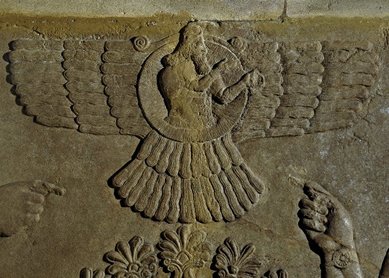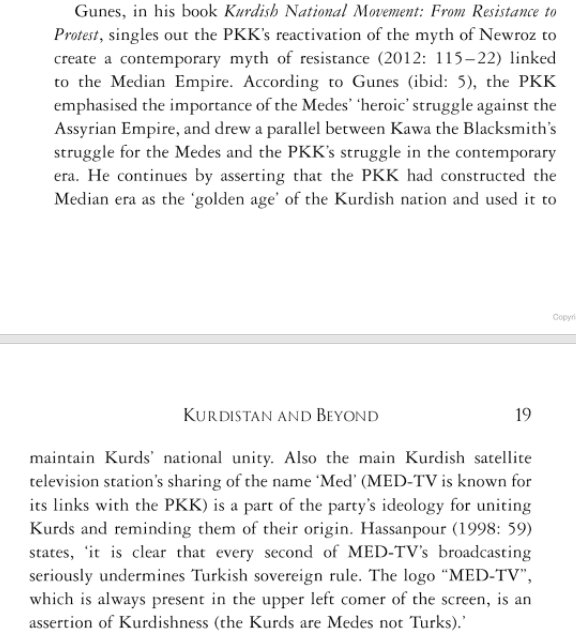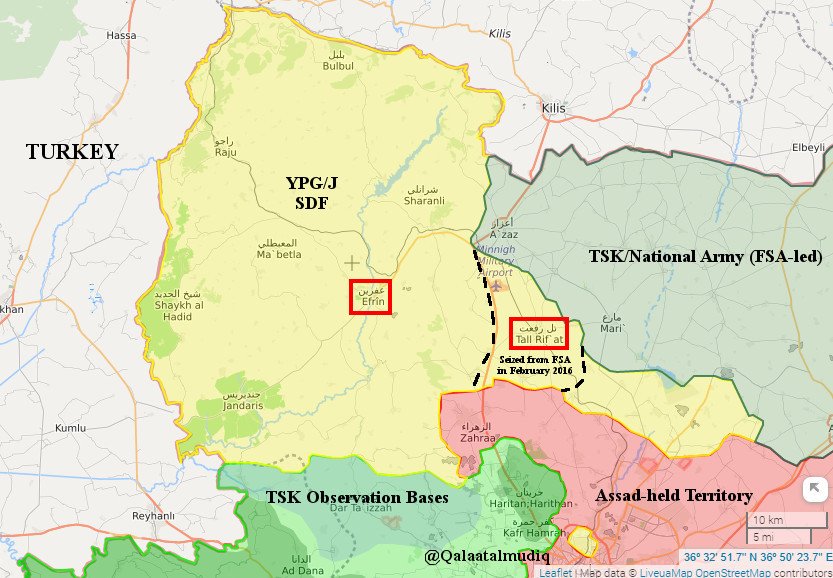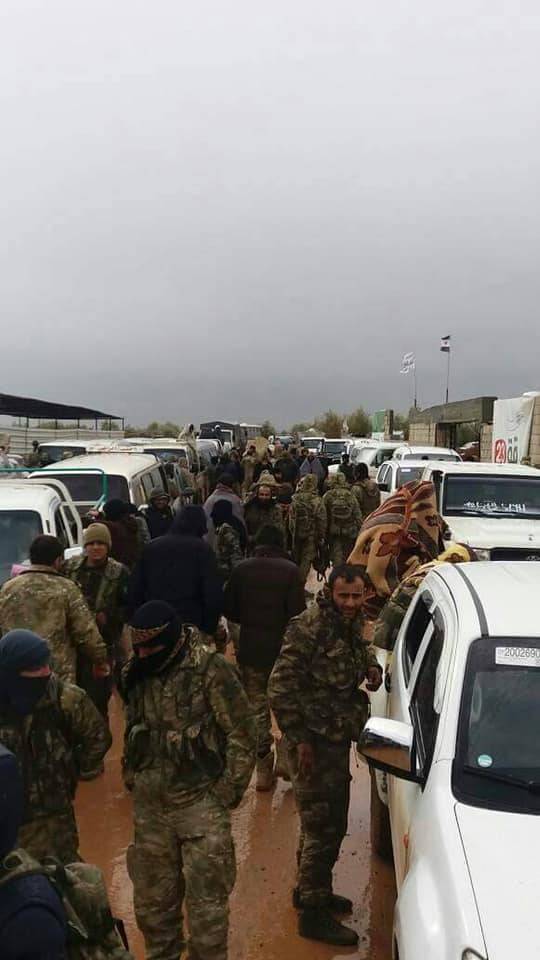1. To designate a day of cross-border national unity
2. To annually renew calls for revolt/liberation
3. To anchor the Kurdish struggle and identity in the historical conflict (and geography) between Assyrians & Medes in 612 BC
Gunes “the Medes – the ancestors of Kurds”
Galip “Kurdistan, historically known as Mesopotamia”
















